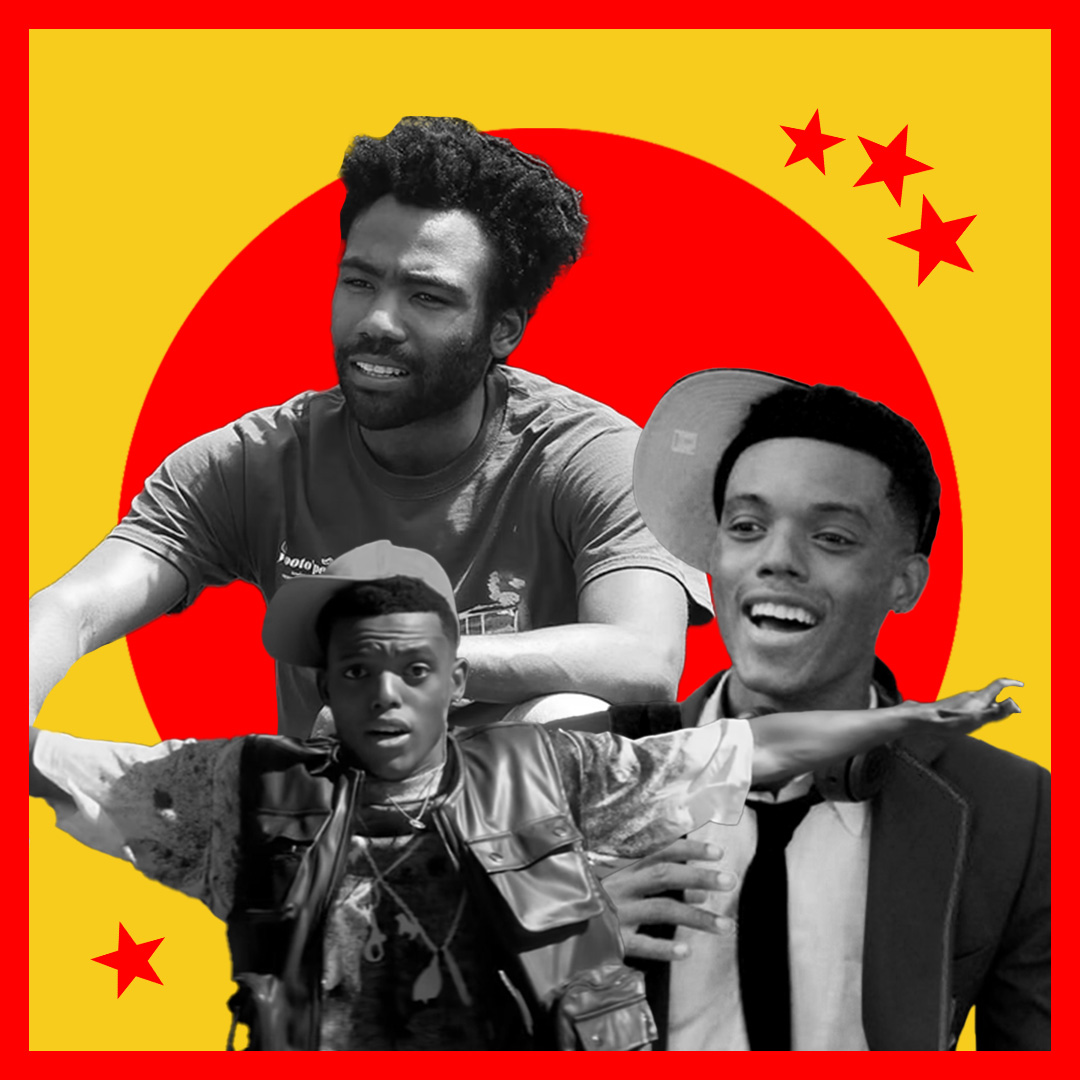Please visit response.fsu.edu for official FSU updates and resources.
How Bel-Air & Atlanta are Changing the Narrative for Coming-of-Age Black & POC Stories on Television

Bel-Air and Atlanta, with undeniable bravado and charisma, captured the imaginations of viewers and reinvigorated modern storytelling in unlikely ways. The story behind the creation of these two televised gems, even more unlikely. Before solidifying their spots in the cultural zeitgeist, neither drama was certain to make it to the screen; their origin stories themselves bordering on the edge of sheer serendipity and limitless luck. What’s unique about Atlanta and Bel-Air, is not their cool characters, exhilarating arcs, timeless twists or ‘blink-and-you-miss-it’ moments. In defiance, it’s how both creative entities manage to tackle serious issues, explore meaningful themes and unapologetically challenge and change the narrative for coming-of-age Black & P.O.C* on television, in avant garde fashion.
The vision behind Bel-Air came to 29 year old photographer and TV’s newest ‘enfant terrible,’ Morgan Cooper, while driving on Route 71 in Kansas City, in summer ‘19. He would later invest $20,000 of his personal savings to create a fan-made trailer that would go viral and catch the eyes of Hollywood gatekeepers. To get to the silver screen, however, that journey would prove even more unconventional. Like an artist to canvas, Cooper nevertheless labored on his vision. It would take the creator almost two years of hotel lobby meetings, creative discussions and casting conversations to definitively get the project off the ground. A journey - akin to the story of Alice in Wonderland - in many ways. Finally, on Super Bowl 56 Sunday, Bel-Air would come roaring into the living rooms of viewing audiences nationwide. Cooper’s tour de force entry smashed streaming records and immediately changed cultural conversations. I have a feeling we’re not in Kansas anymore.
Creatively, Bel-Air takes the form of a modern re-imagining of celebrated 90’s comedic hit, The Fresh Prince of Bel-Air. The new series retains the characters viewers know and love, but looks dramatically at what life might actually be like for an outsider from West Philly maneuvering the social circles of Bel-Air in the present day. Legendary casting directors, Vickie Thomas and Leigh Jonte, deliver for Bel-Air in remarkable ways. Newcomer, Jabari Banks is expertly casted as Will, and leads the most-streamed Peacock original with charismatic magnetism. There are also powerhouse performances from Adrian Holmes as Uncle Phil, Cassandra Freeman as Aunt Viv, and Jimmy Akingbola as Jeffrey, among other standout talents. With an urban look and feel, Cooper's vision as laid out in his 2019 trailer appears perfectly executed. His clever and modern storytelling is augmented by stunning visuals, bold color palettes, afro-centric art, mafioso hip-hop, and tons of 'for the culture’ references. Fresh Jawn.
The origins behind Atlanta, another story. Series creator Donald Glover, who doubles as rapper alter-ego Childish Gambino, fresh off his Community fame, opted to create Atlanta instead of returning for a sixth season on the popular NBC cult comedy. It was 2016, and Glover, the NYU Tisch School of Arts alum, had found himself in the not so familiar position - holding leverage. After a successful stint as a writer on 30 Rock and five seasons on a network comedy, the writer had built up enough creative gravitas to earn the ability to choose his next project. He chose Atlanta. The rest is history.
Glover’s Atlanta uniquely assesses the story of cousins, Glover’s “Earnest” and Brian Tyree Henry’s “Paper Boi," as the pair travails the difficulties of an increasingly complicated music industry. Taking an anthological turn in its third season, Atlanta became a medium about anything. The show addressed a staggering assortment of themes, ranging from race and gentrification to celebrity culture and friendships. Both critics and the casual audience agree, as an anthology is where Atlanta truly shines. The series delivers some of its most impactful entries to date, as stand-alone episodes devoted to addressing delicate subjects. However, the unique achievement of Atlanta is found in the use of its dominant setting, the city of Atlanta. This birthplace of Martin Luther King Junior, home to the nation’s largest P.O.C middle class and nesting ground for elite Historically Black Colleges and Universities, is used as a theme to explore the diversity of the Black and P.O.C experience from all lenses.
Bel-Air and Atlanta unapologetically move the needle while dismantling and breaking down stereotypes for Black & P.O.C stories. P.O.C stories that are created and told by people of color allows for non-replicable, layered authenticity. Bel-Air and Atlanta allow writers and actors to channel their lived experiences into the creative process, which adds undeniable depth and visceral realism on screen. Importantly, Bel-Air and Atlanta pointedly illustrate that the P.O.C. experience is not monolithic. Bel-Air showcases Black excellence through the eyes of a family that is both successful and affluent, but is not a part of a crime syndicate. Its lead character Will, manages to excel at both sports and academics, and each character though living under the same roof has very different outlooks and nuance. Similarly Atlanta, celebrating dynamism, allows its characters to not only rap but also to philosophize, moralize and to meditate, all while being business-savvy and entrepreneurial.
Bel-Air and Atlanta are unapologetically challenging and changing the perspectives for coming of age Black & P.O.C stories on television. This change to the small screen has the power to reinvigorate modern storytelling, redefine boundaries, amplify expressions, and to bring new stories & voices to the forefront. In this way, Bel-Air and Atlanta truly make their mark and are changing the narrative.
*Person of color or people of color
Written by: Shawn, the Writer
Art by: Meg Cabras



